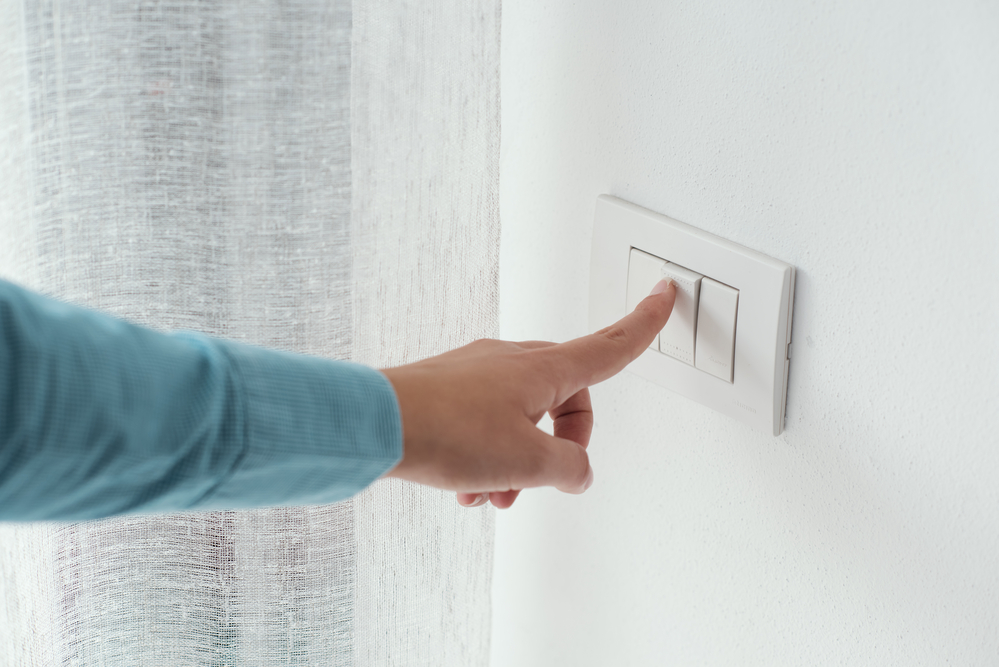If you live in the Netherlands, you may have noticed the skyrocketing energy prices. Now, the Dutch cabinet devised a plan to put a cap on costs.
The cabinet’s first step to solving the current energy crisis is to lower the energy bills starting November 1.
In certain cases, fees have already gone up from €150 – €200 to €600 – €800. These will be lowered for consumers in the coming months.
Put simply, the plan is that the government will pick up the tab for costs above the price ceiling. However, the final details and exact level of the price cap do need to be figured out still.
Next step: price ceiling in January 2023
By January 1, the Dutch cabinet will introduce the price ceiling on energy prices. This will apply from the beginning of next year until at least the end of 2023.
According to the cabinet, this will account for an annual discount of €2,280 for the average Dutch household, writes RTL Nieuws.
In practice, the price ceiling will work along with two separate energy rates: the cheaper one (thanks to the price cap) and the market rate.
READ MORE | 10 dang smart ways to save on energy costs in the Netherlands
The energy consumption of an average household stands at 1,200 m3 of gas and 2,900 kWh of electricity. So, those who use less than that will pay significantly lower than the usual amount.
But, if you use more than the average energy consumption, you’ll have to pay the market price at the given time.
All in all, the Dutch government wants to help households meet their costly ends but also encourage them to continue to save energy in the meantime.
Energy tax, emergency fund, and earlier payments
As the Dutch cabinet shuffles things around in the energy market, it’s been decided that next year’s energy tax will not be reduced, in order to keep the price ceiling up and running.
Additionally, the cabinet and energy companies are setting up an emergency fund to prevent debts from piling up this year and to help those concerned about their upcoming bills.
In other words, no need to worry if you’re already far behind on your energy bill. You still have until the end of 2023 to pay it off due to the situation of the energy market.
READ MORE | Reducing your energy bill in 2022: why you need a contract coach
Municipalities can step in
Finally, municipalities will be given the possibility to pay out part of the energy allowance for the group earning the least income in the Netherlands, starting this year instead of the next.
This earlier payment will be able to cover €500 from the €1,300 allowance next year and give those who are struggling the most a glimmer of hope in the energy crisis.
What do you think about the government’s plan to solve the energy problem in the Netherlands? Tell us in the comments below!




How do I obtain this help with paying the bill? I’ve just been told it doubles from 150per month to 315per month. For a single person in a 63sqm apartment . I earn well but have huge expenses so wouldn’t be helped for the low income earner brackets.